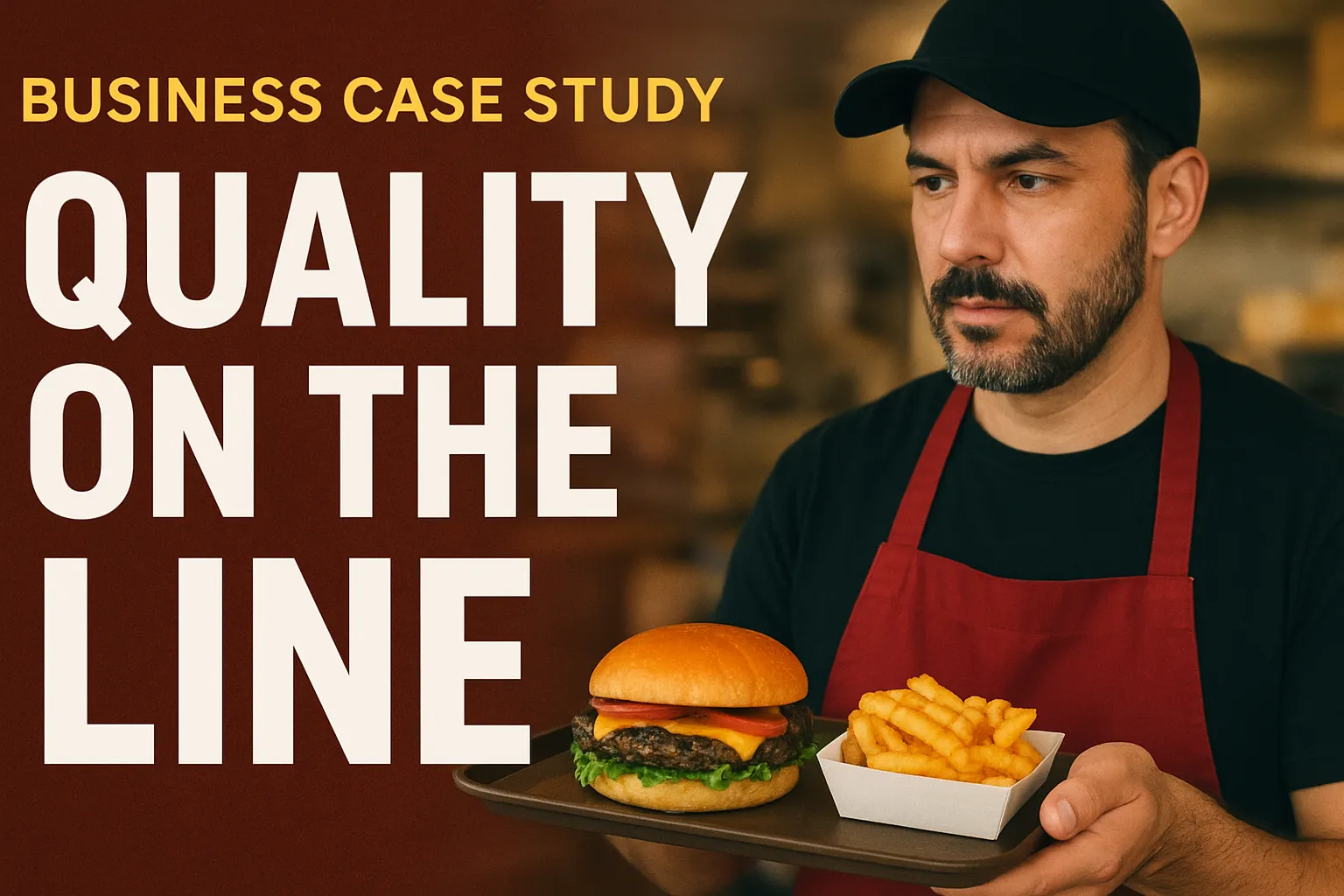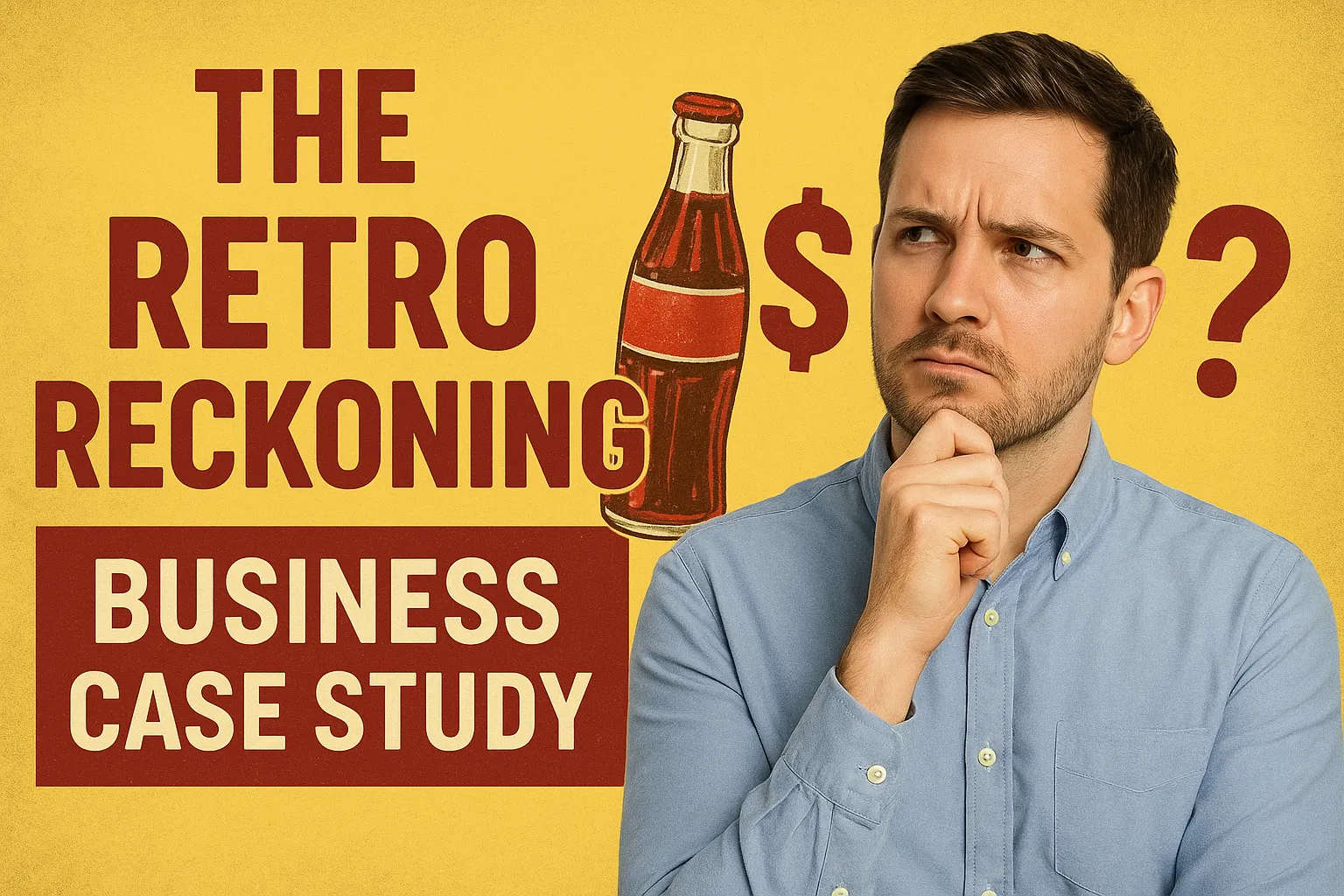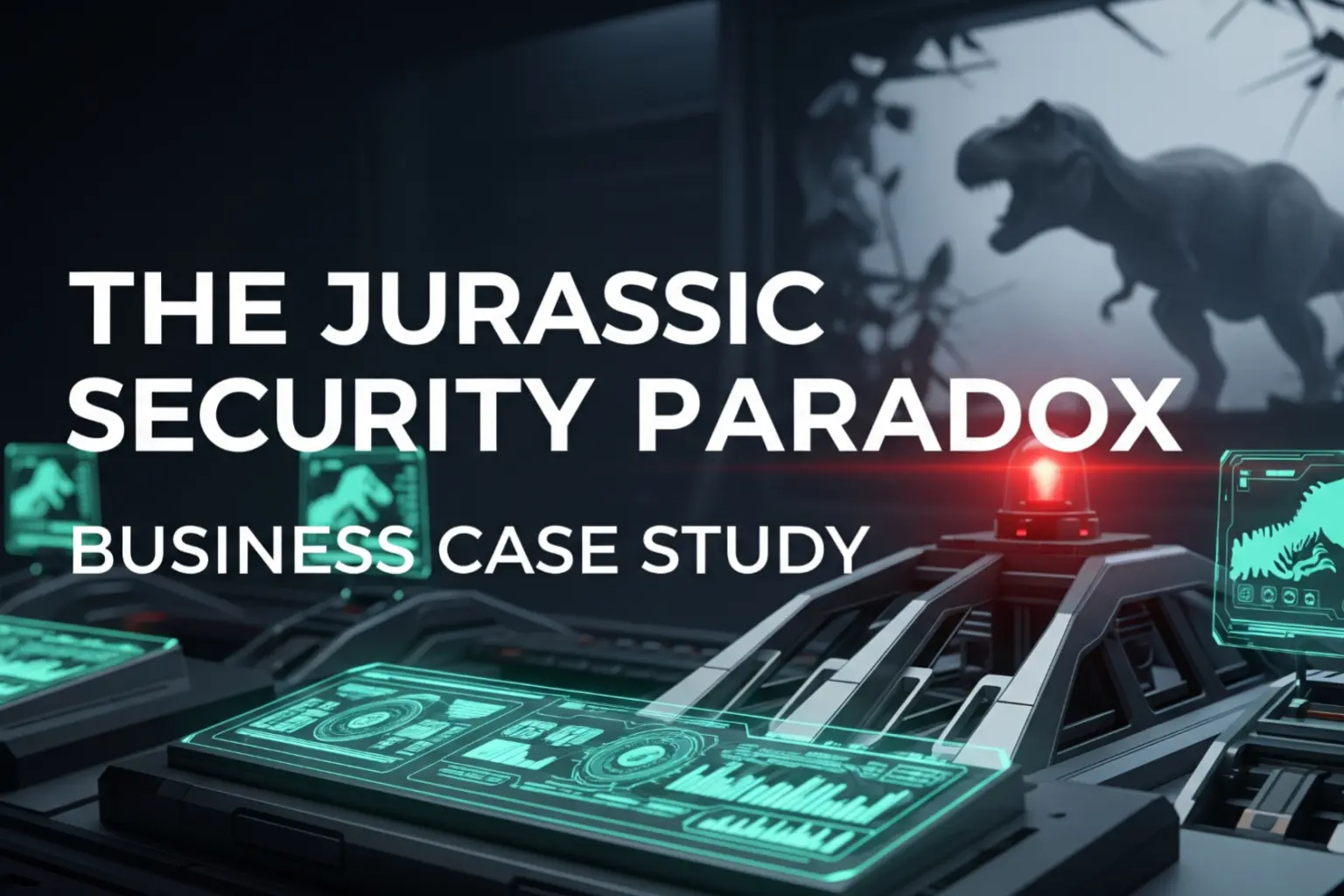 Case Studies Club
Where Strategic Minds Meet
Case Help
Case Studies Club
Where Strategic Minds Meet
Case Help
The Leaky Lead Pipeline
Small Local Plumbing Company Explores Event Marketing Strategies to Break Through Growth Ceiling
Pipe Dreamz Plumbing, a quirky neighborhood plumbing service thriving on referrals, faces a growth plateau as their service calendar fills to capacity while new markets remain untapped. The company evaluates four event marketing strategies—block parties, DIY workshops, trade fair participation, and community sponsorships—to generate quality leads and differentiate from competitors without overextending resources.
Core Themes:
Turn Business Challenges Into Strategic Wins
Browse our Insights Marketplace for frameworks and tools that drive results
Explore MarketplaceOverview
Pipe Dreamz Plumbing has always thrived on neighborly charm—a cartoonish mascot van and old-fashioned service calls—but now growth has hit a dry spell. In a packed service calendar, the company wonders if events might plug the gap. We examine whether hosting local events (block party, workshops, fairs, sponsorships) can generate quality leads, build trust, and set Pipe Dreamz apart. Our analysis uses a black-and-white "detective's lens" to weigh pros, cons, and long-term impact, drawing on industry reports and case examples. Notably, recent surveys show small businesses are pouring budgets into event marketing (80% plan to spend $10K+ annually on events[^1]), so this strategy is both timely and fraught with investment risk. In this case file, we track the clues of customer impact, costs, and competitive positioning to recommend a course of action.
Backstory
Pipe Dreamz is a small local plumbing shop with a "quirky" persona: think pipe-wrench logos, comic-strip ads, and a promise that "If it drips, we'll fix!" Founded a decade ago by a neighborhood handyman, the firm grew through word-of-mouth. Loyal customers love the personable techs and free coffee in the van, and referrals still account for most jobs. (As one marketing guide notes, "a referral is sometimes even more effective than a good review... customers ready to buy"[^2].) But referrals can only go so far. Pipe Dreamz's service vans are busy from sunup to sundown, and management fears it has hit a ceiling: new neighborhoods are untapped, and competitors are circling. The question is whether Pipe Dreamz can turn its warm local brand into a lead-machine through event marketing—without overloading its team or throwing money down the drain.
To set the stage, consider the power of personal connection in this market. Studies find that face-to-face contact drastically boosts trust: **"face-to-face interactions foster trust... [and] people are more likely to support businesses ...
🔓 Unlock This Case Study
Access full cases, analysis, recommendations, and community insights


